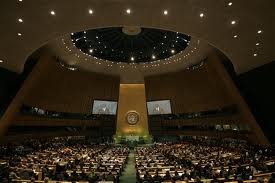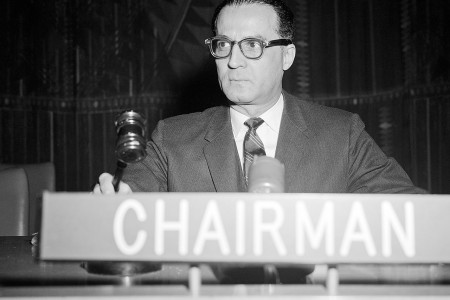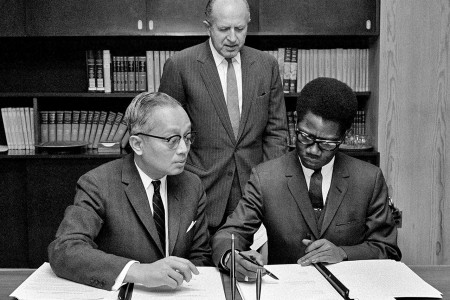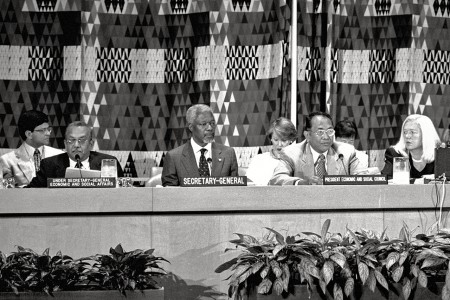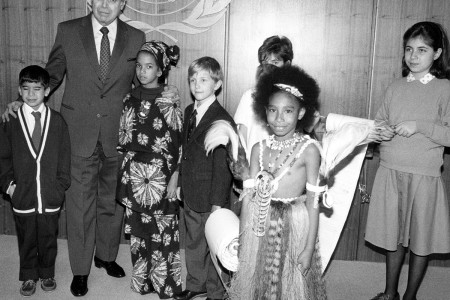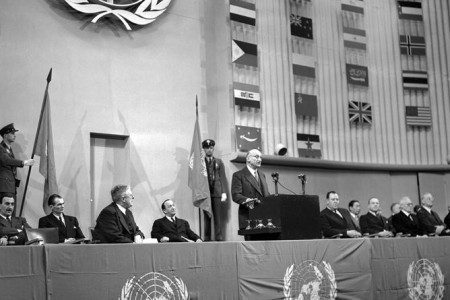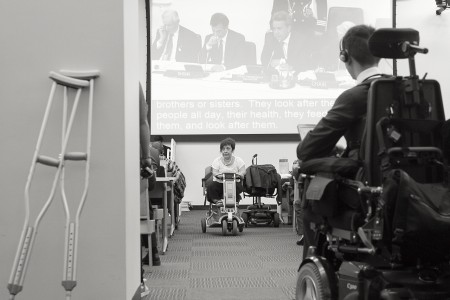International Covenant on Civil And Political Rights
The International Covenant on Civil and Political Rights (ICCPR) is a treaty that commits its parties to promoting the civil and political rights of individuals. These rights include the right to life, freedom of religion, freedom of expression, freedom of assembly, freedom of association, electoral rights, as well as the ...
